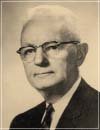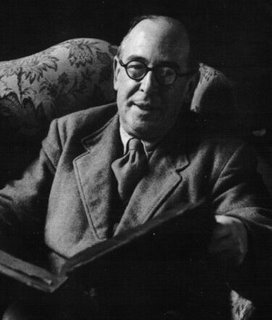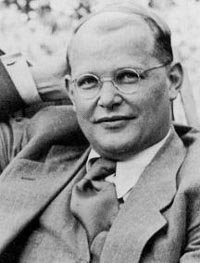a priesthood of scholars?
The fact is, most folks in the Church in America who are seriously concerned to understand their Bible’s better get study Bibles and popular level commentaries and books to help them do it. People rely on aids in Bible study precisely because they know in their heart of hearts that some folks are better equipped to understand and unpack the Scriptures than they are. I, for one, prefer study aids informed by the labors of academic Bible scholars, people who have devoted their lives to understanding the Scriptures in their historical contexts; study aids that can reliably help me to get a handle on what John or Paul or Micah was trying to communicate to his primary intended audience. I greatly prefer them to Bible studies written by hermeneutically naïve, self-appointed “Bible experts.”
It is sometimes protested that the Church in the 2/3 World and some less fortunate folks in the West haven’t the resources to have access to such material. I would say that the appropriate response to such a lack of resources is not for us to indulge in the fantasy that all are equally well positioned to read their Bibles well, but rather for us to give sacrificially so as to remedy their lack of resources. Perhaps if we used our tithes and offerings less for purchasing flowers for our altars (or scented candles and incense, I guess, for all you emerging types) and gave generously like the Macedonians to close the economic and educational gap between us and them (2 Cor. 8:13-15), our brothers and sisters elsewhere in the world might flourish even more. What’s more, folks from the 2/3 World who have been able to do academic Bible scholarship have added a much needed and welcome voice to the Church’s choir. You would expect that we would allot our resources so as to get more of the same. Anyways, the answer, it seems to me is not to democratize Biblical interpretation. (Besides, not every culture shares our impulse towards democracy and to think they should is an outworking of the Enlightenment, not the Resurrection)
I would suggest that it is our American impulse towards individualism (“just me and my Bible”) and democracy (“anything you can do, I can do”) that makes us so concerned about relying on the aid of solid Bible scholarship for sound understanding of the Scriptures. I would go even further and say that the theological struggle to figure out how to maintain a democratic view of exegesis without rendering academic Scripture study superfluous is ultimately unnecessary. The fact is the Church needs Bible scholars just like the Church needs pastors and carpenters and doctors and real estate agents and banana farmers and accountants. 14 For the body does not consist of one member but of many. 15 If the foot should say, "Because I am not a hand, I do not belong to the body," that would not make it any less a part of the body. 16 And if the ear should say, "Because I am not an eye, I do not belong to the body," that would not make it any less a part of the body. 17 If the whole body were an eye, where would be the sense of hearing? If the whole body were an ear, where would be the sense of smell? 18 But as it is, God arranged the members in the body, each one of them, as he chose. 19 If all were a single member, where would the body be? 20 As it is, there are many parts, yet one body. 21 The eye cannot say to the hand, "I have no need of you," nor again the head to the feet, "I have no need of you."









